Reportar esta entrada
Más sobre la misma comunidad-colección
Paul L. Foster School of Medicine - 2017
Paul L. Foster School of Medicine - 2017 - people gather outside ...
Primera comunion de Guadalupe Licon Armendariz
1908 - Lupita was the sister of the mother of Lucy, Martha and ...
Srita. María de Jesús Rodríguez-1927
Photograph of my mother Miss Maria de Jesus Rodriguez taken in ...
María de Jesús Valenzuela-1930
Photograph of my mother, Mrs. Maria de Jesus Valenzuela, around ...
Fotografía de la familia Villela - El Paso, Texas - 2013
December 15, 2013 - Bottom row: Left to right - Rosa Villela and ...
Evento de firma de libros de la congresista Barbara Lee
Congresswoman Barbara Lee's Book Signing Event in El Paso, Texas ...
Chalk the Block Familia Sanchez - El Paso, Texas
At the chalk the block 2017 - El Paso, Texas. Every October, the ...
Chalk The Block (tiza la cuadra) - El Paso, Texas - 2017
Every October, the streets of Downtown El Paso become canvasses ...
Chalk The Block (tiza la cuadra) - El Paso, Texas - 2017
Every October, the streets of Downtown El Paso become canvasses ...
Chalk The Block (tiza la cuadra) - El Paso, Texas - 2017
Every October, the streets of Downtown El Paso become canvases ...
Estatuas completadas - El Paso, Texas
Completed Statues - El Paso, Texas Photographs of completed ...
El sexto muro de los gigantes - Fort Bliss, El Paso, Texas 2015
Sixth Wall Of Giants - Fort Bliss, El Paso, Texas Video of ...
Museo del holocausto de El Paso - El Paso, Texas
The El Paso Holocaust Museum is a must see! Very interesting and ...
Museo del holocausto de El Paso - El Paso, Texas - 2017
Anne Frank image at the El Paso Holocaust Museum - located in ...
El sexto muro de los gigantes - Fort Bliss, El Paso, Texas 2015
Celebrating Fort Bliss Day -- downtown El Paso, Texas. Left to ...
Sixth Wall Of Giants - Fort Bliss, El Paso, Texas 2015
Sixth Wall Of Giants - Fort Bliss, El Paso, Texas 2015 - Video ...
Alcalde Dee Margo & Family - Imagen de la semana - 2017
Betty Ruth Wakefield Haley ( mother of Adair Margo), Dee Margo, ...
Altar Estudiantes de Loretto de la Classe de Estudios de la Frontera
Loretto Academy Borderland Studies Class - El Paso, Texas. ...
Jane y Paul Schillaci - El centro de El Paso, Texas - 2017
Photograph - Jane and Paul Schillaci at the First Annual Running ...
Jane y Paul Schillaci - El centro de El Paso, Texas - 2017
Photograph - Jane and Paul Schillaci at the First Annual Running ...
Jane y Paul Schillaci - El centro de El Paso, Texas - 2017
Photograph - Jane and Paul Schillaci at the First Annual Running ...
Corrida de los toros - El Paso, Texas - 2017
Photograph of a Amstel Beer Xlight girl riding the bull during ...
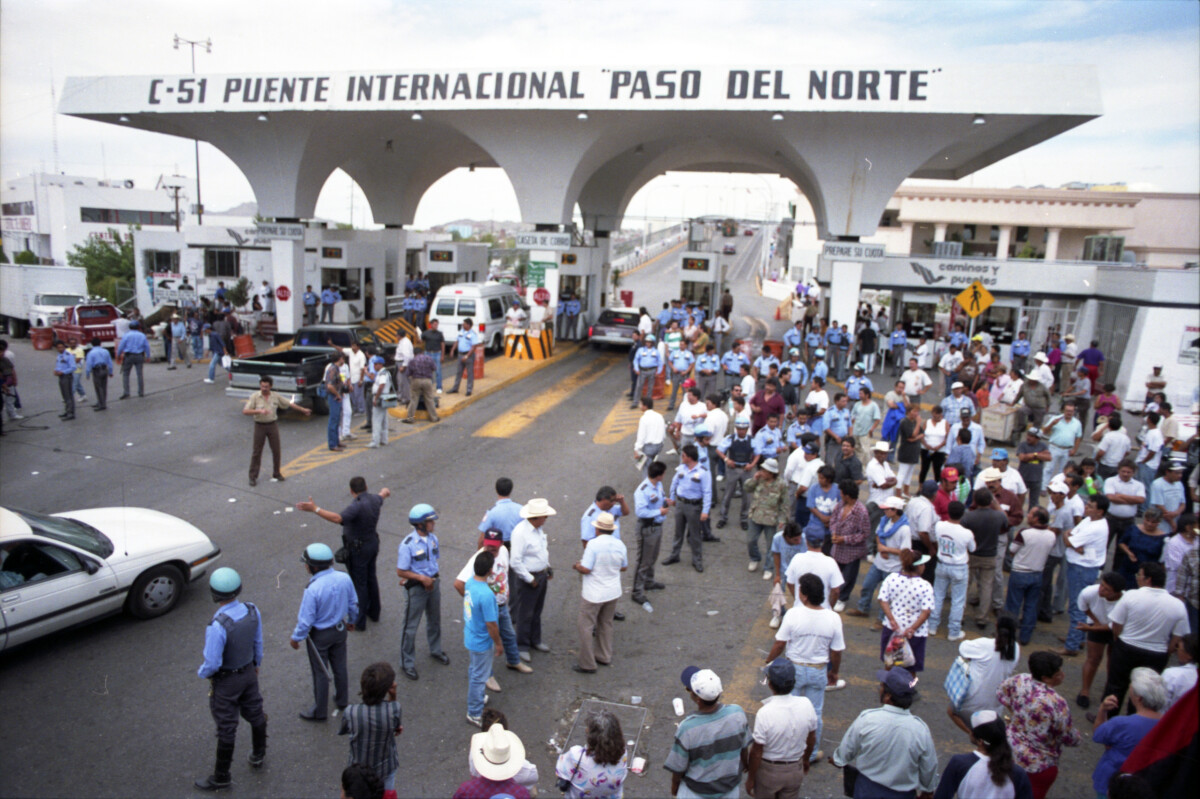
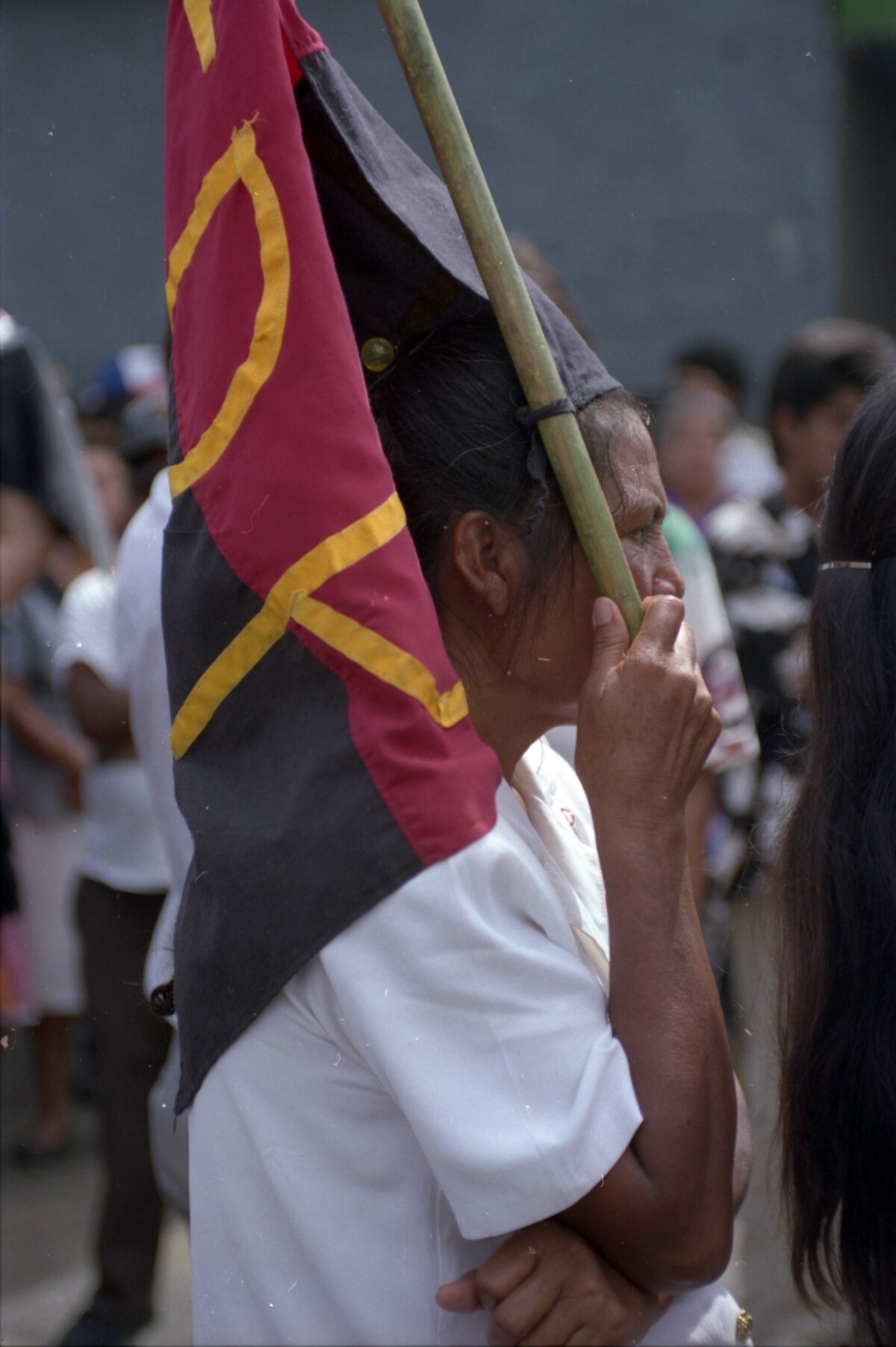
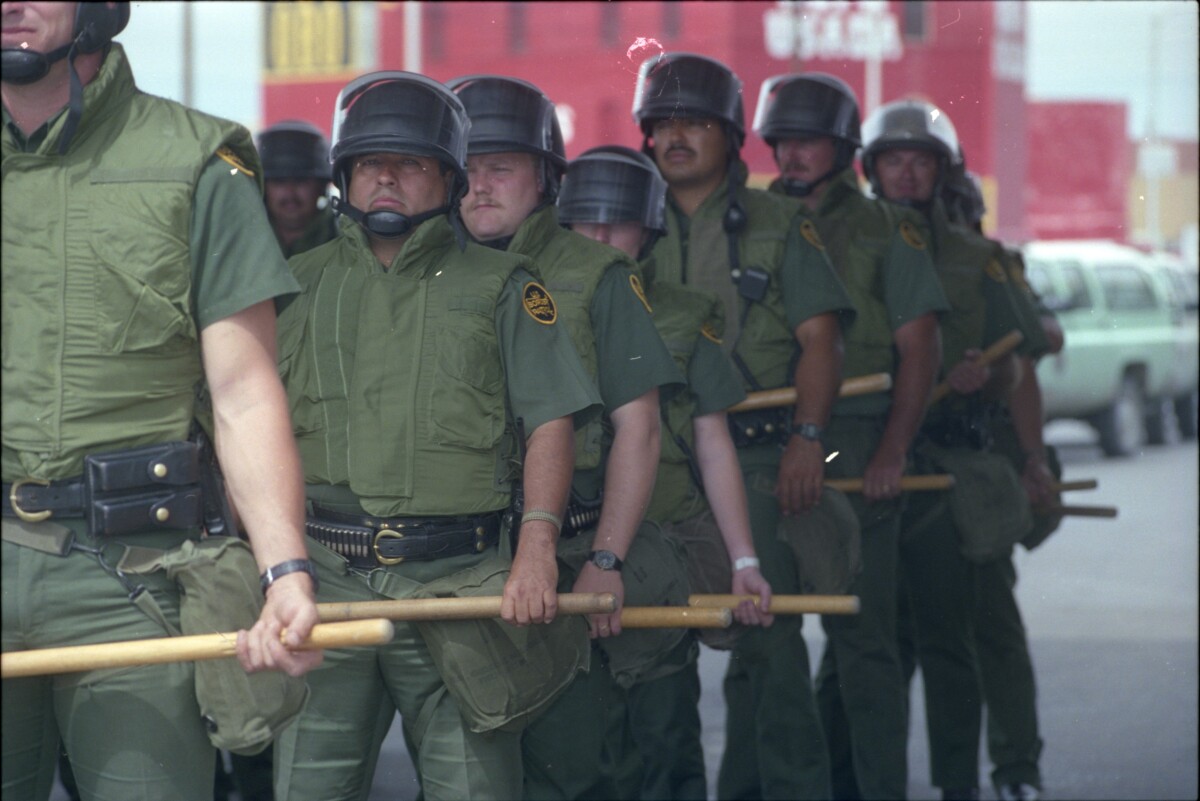
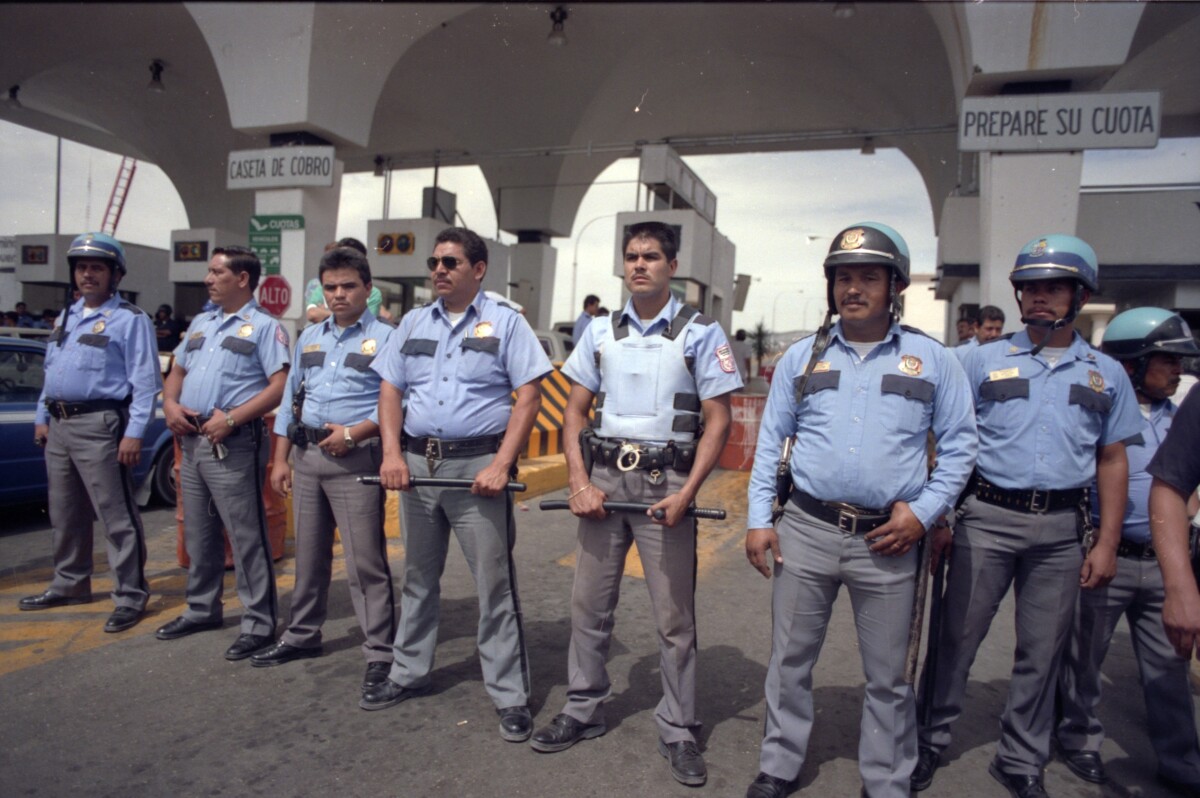
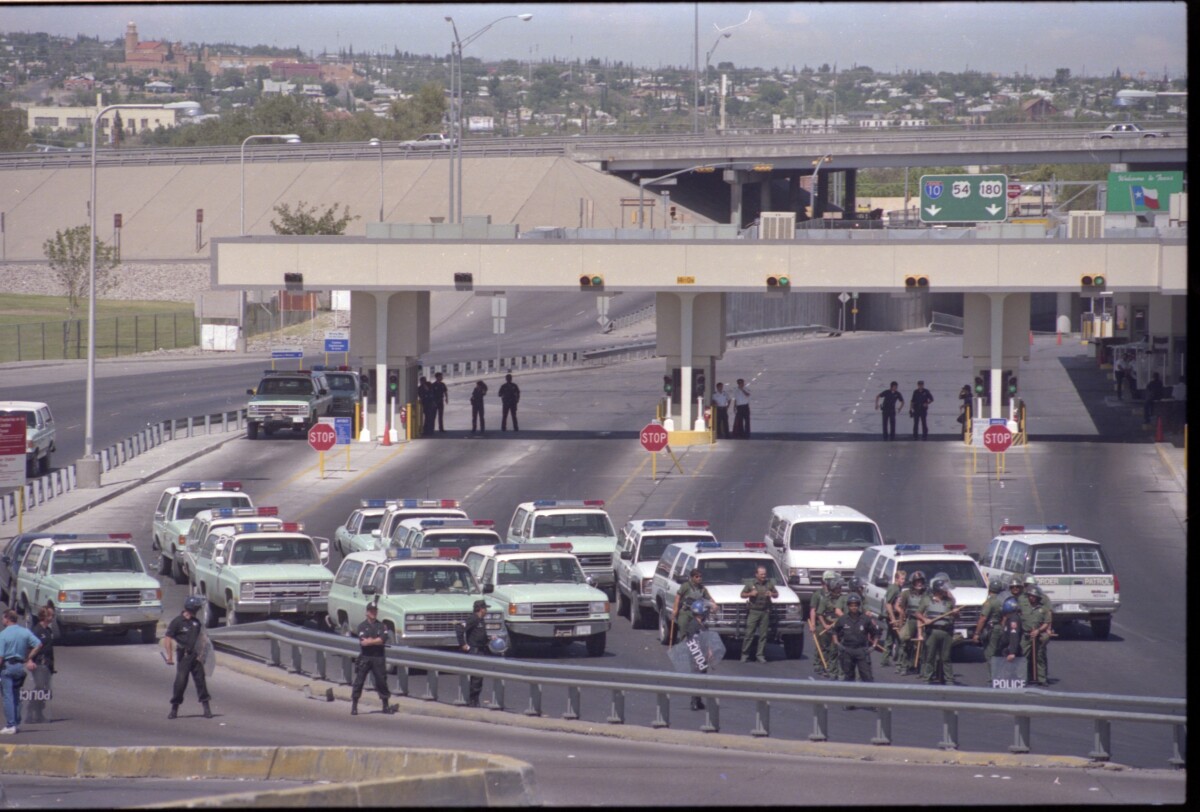
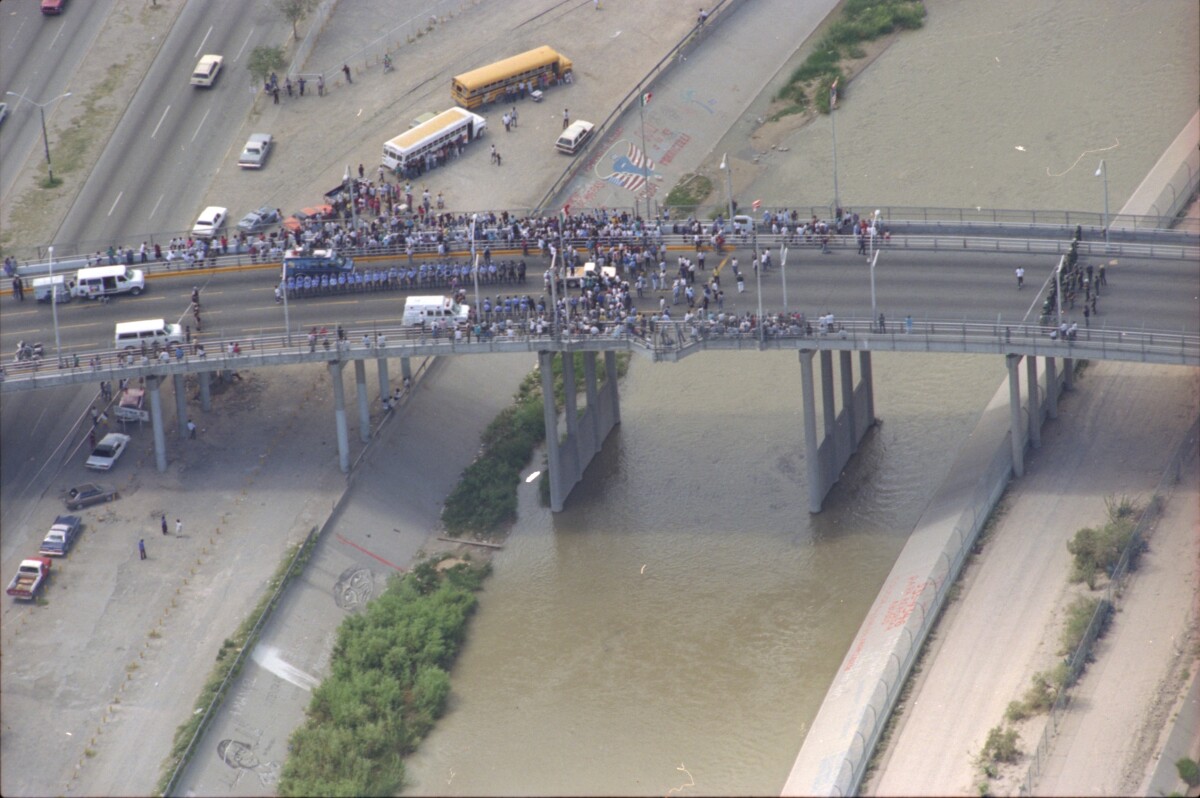
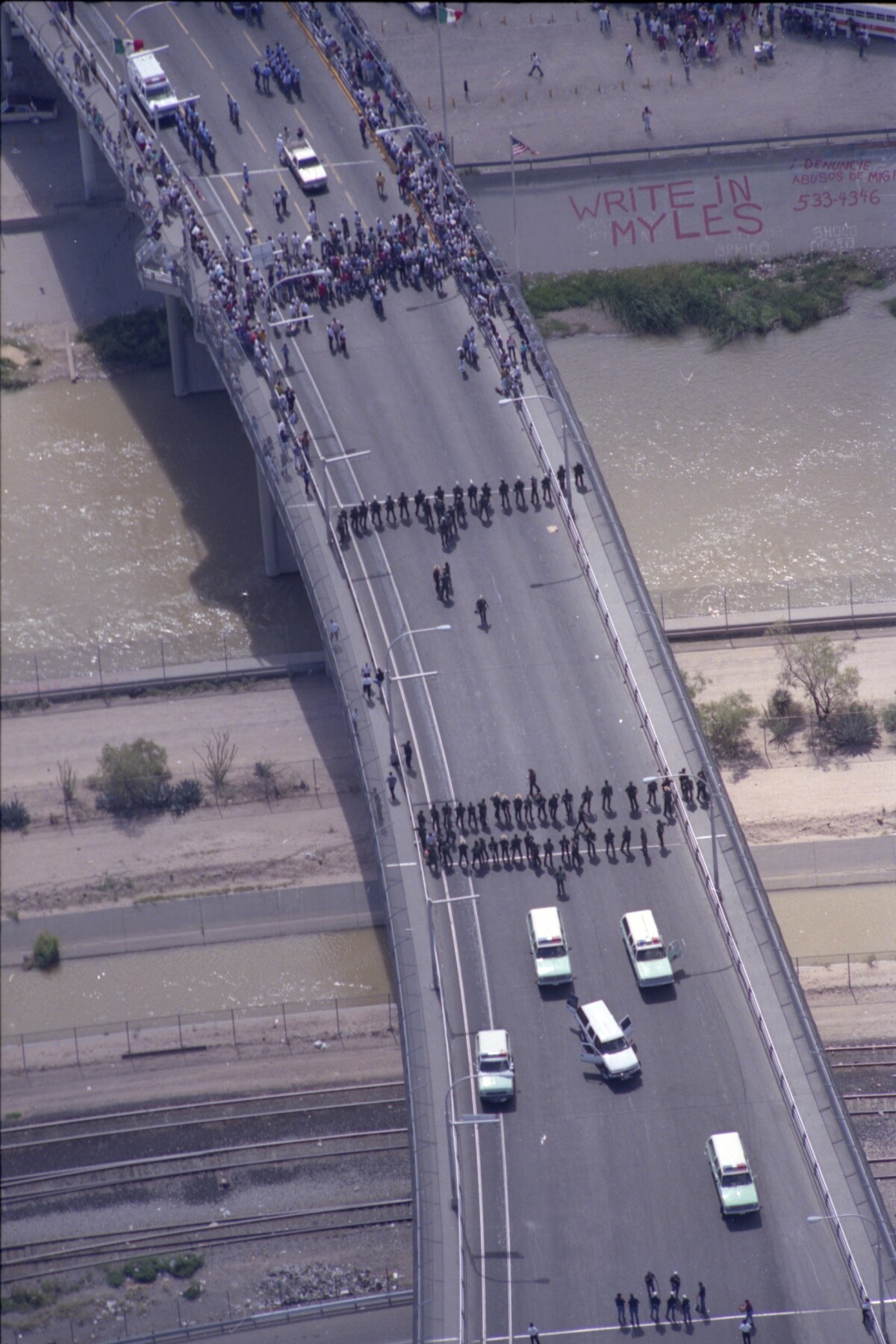





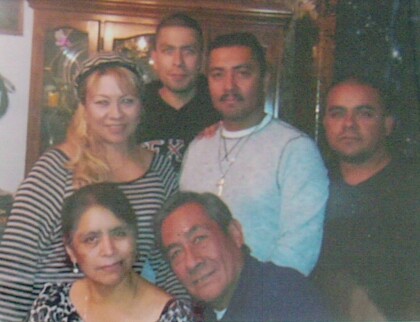

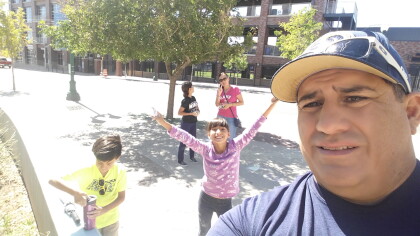


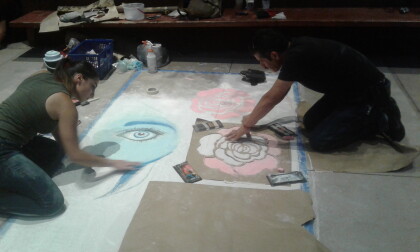
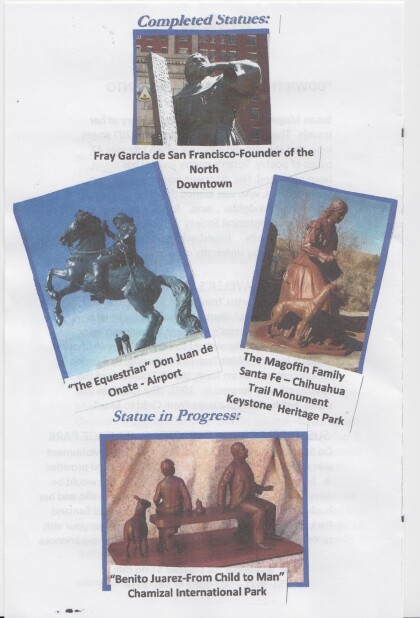
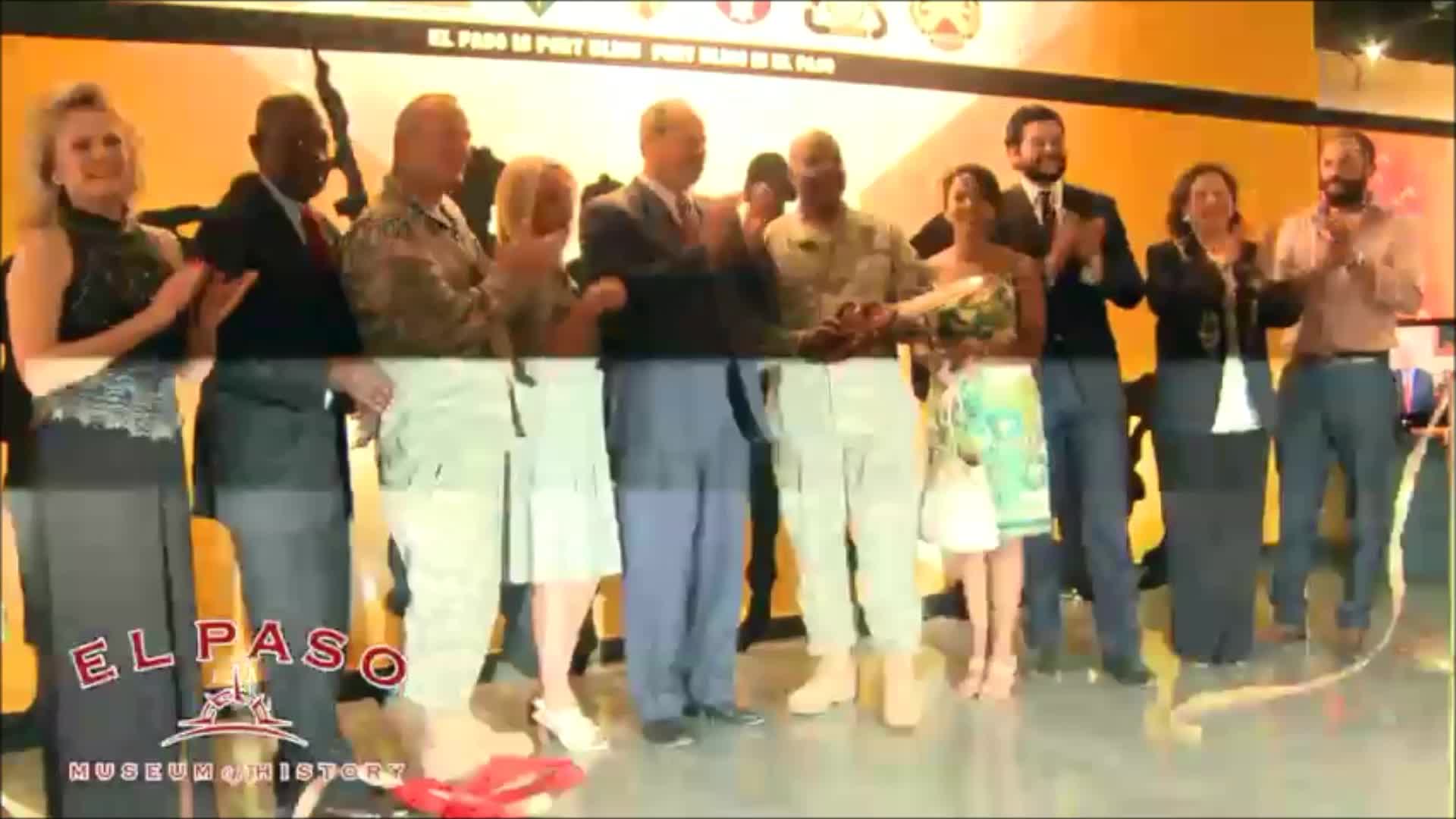
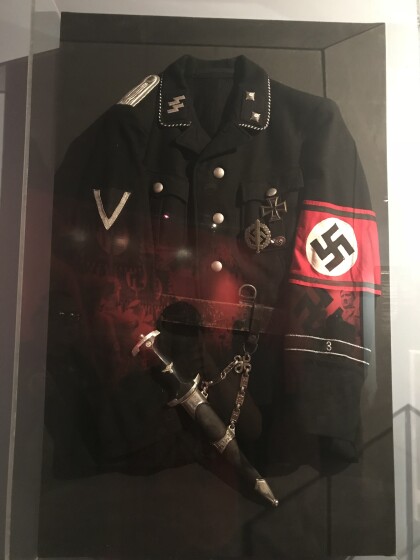
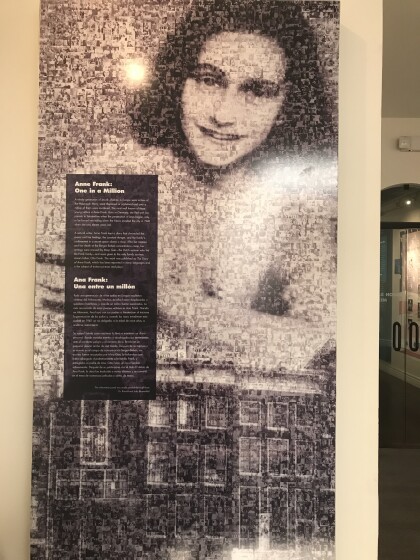
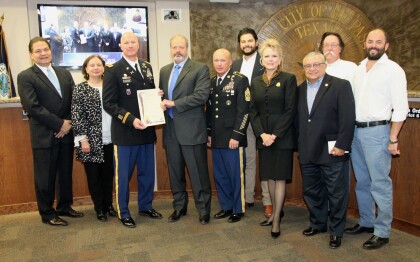
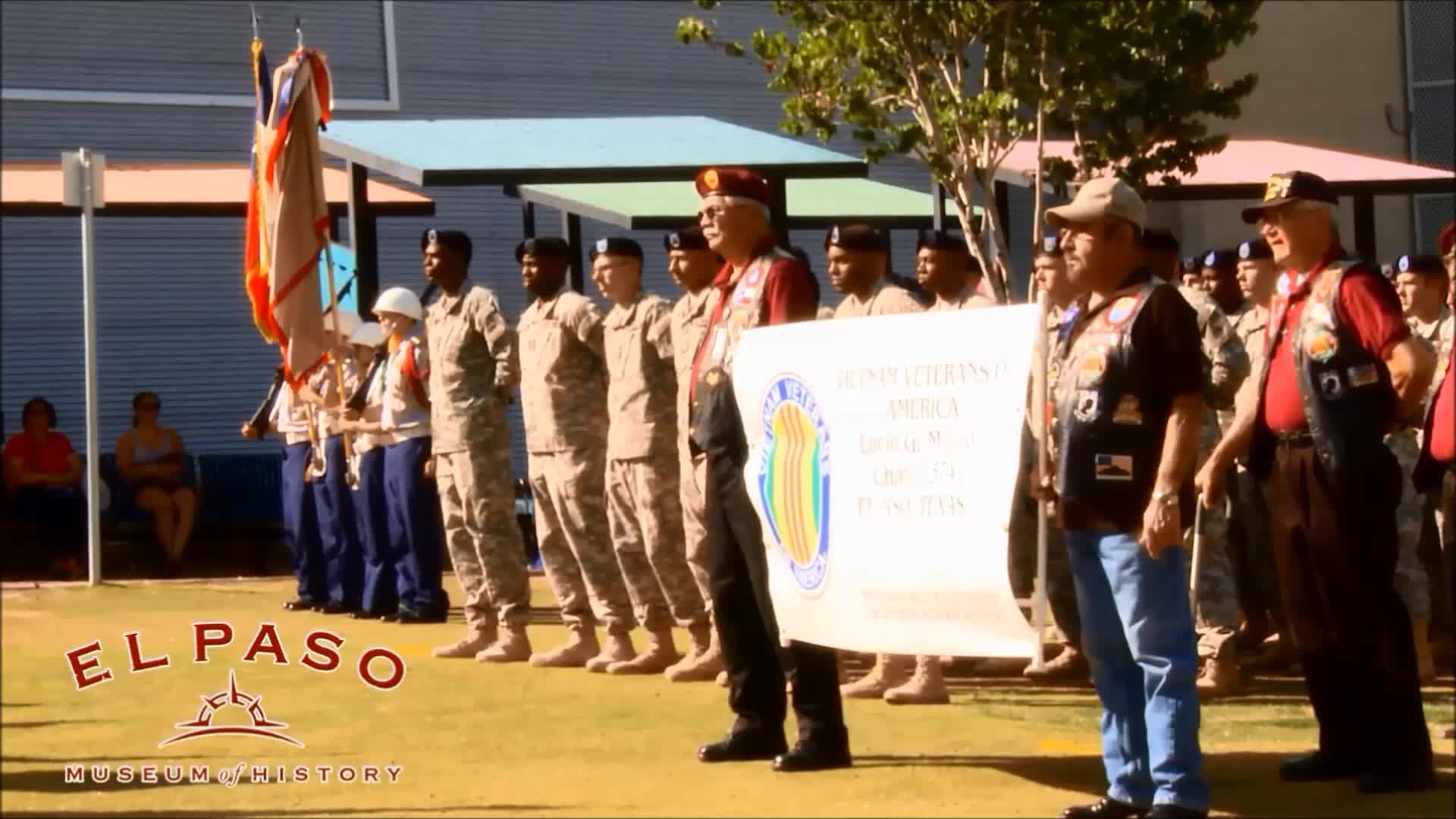


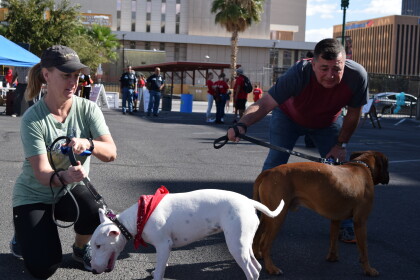
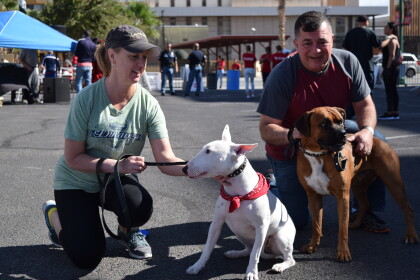
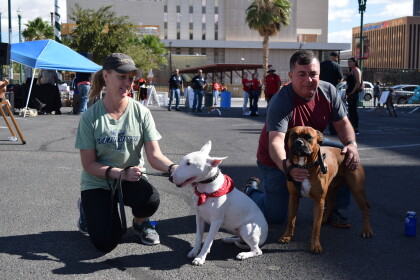

Comentarios
Hacer un comentario